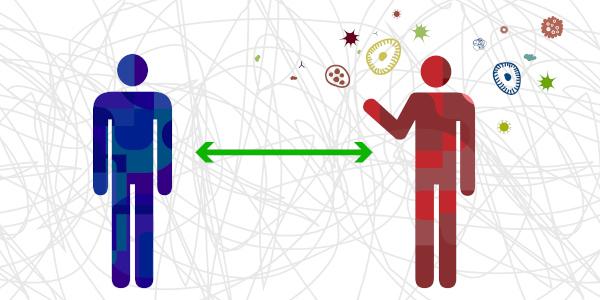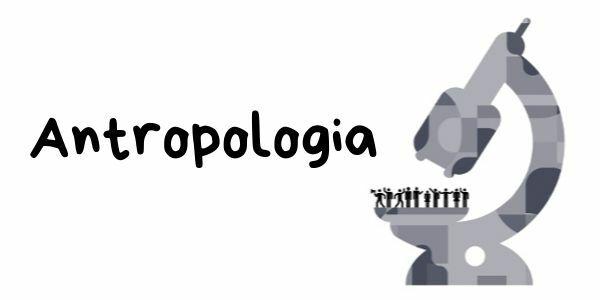You three powers, independent and cohesive among themselves, are categories of political powers present in a country's democracy.
Thus, when we think about the Policy of a State, in its structure and organization, there are three political powers that guide its actions, they are:
- Executive power
- Legislative power
- Judicial power
Respectively, these powers are intended to: execute public resolutions, make laws and judge citizens.
History
Since ancient times, many scholars, thinkers and philosophers discussed issues about Politics and its organization.
However, he was the French philosopher, politician and writer Charles-Louis de Secondat (1689-1755), but known as Montesquieu, who developed, in the 18th century, the “Theory of the Separation of Powers”.
This Theory reported in his work "The Spirit of Laws", presented the division of political powers and their respective fields of action.
It is worth remembering that, before Montesquieu, other great philosophers had already made reference to the importance of this State model. As a notorious example, we have the Greek philosopher
Aristotle (384 a. C.-322 a. C.) and his work entitled "Politics".Since that time, the central objective of the division of powers in the political field was to decentralize power. That's because he was concentrated in the hands of a small group.
The central idea was to favor a more just, democratic and egalitarian State for all citizens.
The Three Powers and Their Functions
Each category of political power has its field of action, namely:
Executive power
O Executive power, as its name implies, is the power to execute, supervise and manage the laws of a country.
Within this power are the Presidency of the Republic, Ministries, Secretariats of the Presidency, Public Administration Bodies and Public Policy Councils.
Thus, this scale of power decides and proposes action plans for the administration and inspection of various Programs (social, education, culture, health, infrastructure) in order to ensure the quality and effectiveness of same.
It is worth noting that in the municipality, the Executive Power is represented by the Mayor while at the state level it is represented by the Governor.
Legislative power
O Legislative power it is the power that establishes the laws of a country. It is composed of the National Congress, that is, the Chamber of Deputies, the Senate, Parliaments, Assemblies, whose central attribution is to propose laws aimed at conducting the life of the country and its citizens.
The Legislative Branch, in addition to playing the role of drafting the laws that will govern society, also oversees the Executive Branch.
Judicial power
O Judicial power operates in the field of law enforcement. It is the Power responsible for judging the causes according to the constitution of the State.
It is composed of judges, prosecutors, judges, ministers, represented by Courts, with emphasis on the Federal Supreme Court – STF.
Essentially, the Judiciary Branch has the role of applying the law, judging and interpreting facts and conflicts, thus complying with the State Constitution.
Curiosities
- The “Three Powers Theory” of the Philosopher Montesquieu, influenced the creation of the Constitution of the United States. With this, the division of the three powers of the political sphere, became the basis of any Contemporary Democratic State.
- The oldest of the three powers is the Judiciary Power, since in the Greek city of Athens there were courts formed by the people. In addition to having their legislative functions, their main purpose was to judge the causes of Athenian citizens.
- The Brazilian Constitution adopted the Tripartition of Powers — Legislative, Executive and Judiciary — in Constitution of 1891.
- In Brazil, the Executive and Legislative Powers are defined based on direct voting, while the Judiciary is directed by ministers appointed by the President of the Republic and approved by the Senate.
Read too:
- Democracy
- Constitutional monarchy
- Moderating Power
- Sociology in Enem: what to study



